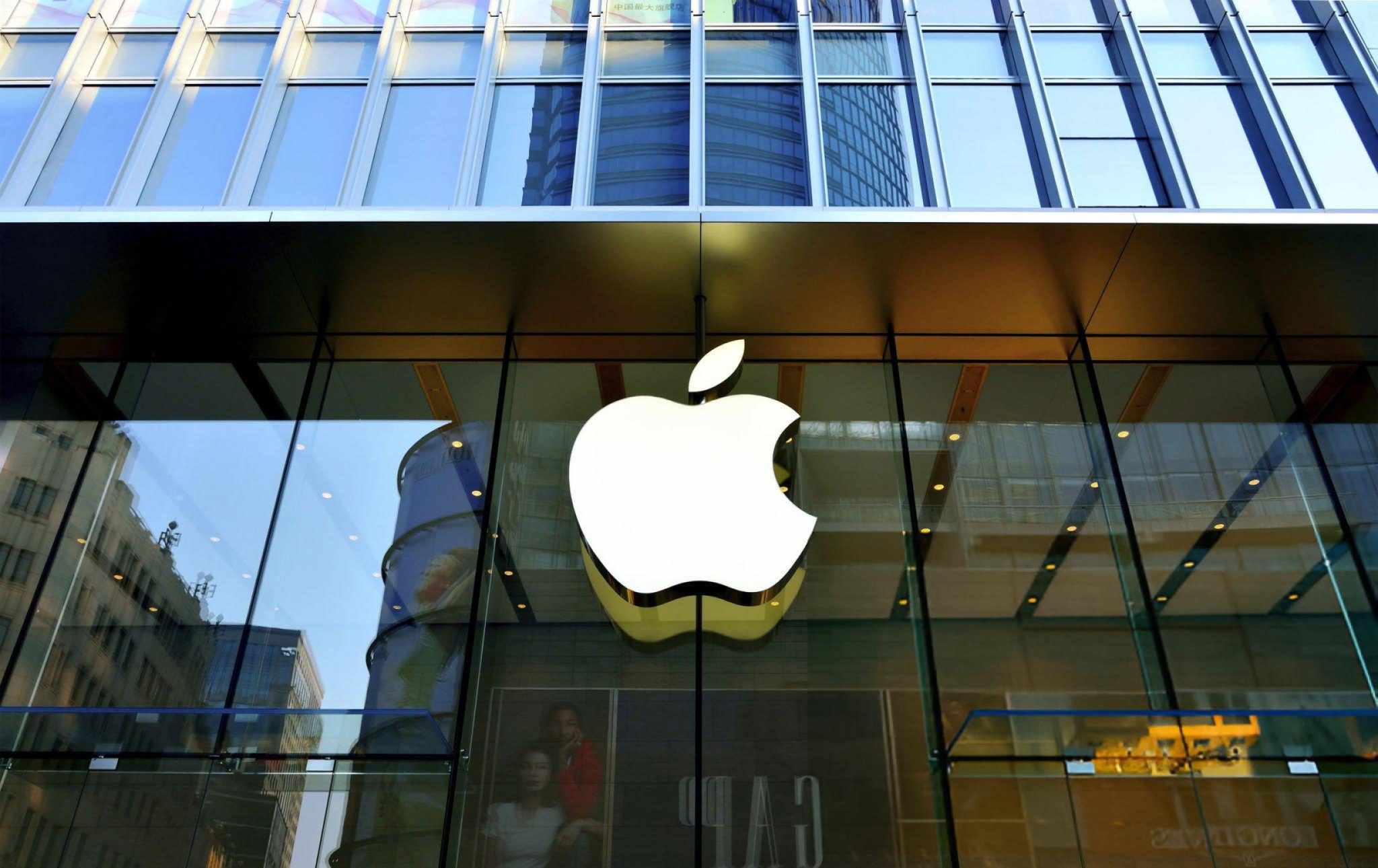Dell Technologies Inc. has announced a bold rebranding strategy for its personal computer line, inspired by the simplicity and recognisability of Apple Inc.’s naming conventions. In a move unveiled ahead of the Consumer Electronics Show (CES) this week, Dell aims to reinvigorate its PC business by retiring decades-old product names such as “XPS” and “Inspiron” in favour of a streamlined branding approach centred around the “Dell” name.
The rebranding introduces three tiers for Dell’s new generation of devices: Dell, Dell Pro, and Dell Pro Max, marking a shift towards a more unified and easily understandable product lineup. “Customers really prefer names that are easy to remember and pronounce,” said Jeff Clarke, Dell’s Chief Operating Officer, during a press briefing. “We don’t want buyers to waste time navigating confusing nomenclature.”
Addressing a decline in PC sales
The rebranding comes at a time when the PC market is grappling with sluggish sales. Following a surge in demand during the early days of the pandemic, purchases have stagnated. Industry giants such as Dell, HP Inc., and Lenovo Group Ltd. are exploring innovative strategies to encourage upgrades, with a focus on AI-optimised systems and the impending end-of-support for Microsoft Corp.’s Windows 10 as key motivators.
Michael Dell, the company’s CEO, emphasised the significance of the ageing global PC install base. “There’s an install base of 1.5 billion PCs — and it’s ageing,” he said. “Those PCs will need to be replaced with the AI innovation we’re delivering.”
Drawing comparisons to Apple
The decision to adopt a branding approach reminiscent of Apple has drawn immediate comparisons and criticism. The naming tiers “Pro” and “Pro Max” are notably similar to Apple’s iPhone lineup, which has used those monikers for years. During the press briefing, attendees were quick to question the originality of the rebranding.
“Your branding sounds a lot like Apple — aren’t you just following them?” one journalist asked. Another quipped, “Why didn’t you choose something original?”
Dell executives, however, defended the decision. “Nobody owns words like ‘pro’ or ‘max,’” said Clarke, noting that the changes were backed by extensive research involving tens of thousands of customers. Kevin Terwilliger, Vice President of Dell’s PC business, explained that the new naming strategy mirrors Apple’s simplicity in anchoring all products to a single, recognisable brand name.
Innovation and AI integration
While the branding may be familiar, Dell’s new devices promise technological advancements aimed at distinguishing them in the market. Many of the upcoming PCs will feature neural processing units—specialised chips designed for artificial intelligence tasks. This integration positions Dell to capitalise on the growing demand for AI capabilities in consumer and professional devices.
The rebranding will not extend to Dell’s Alienware gaming PCs, which have maintained a strong identity since Dell acquired the brand in 2006. Alienware will continue to operate as a distinct segment within the company’s portfolio.
A bid for market relevance
Dell’s move underscores its determination to maintain relevance in an increasingly competitive PC market. While Apple has carved out a loyal customer base with its minimalist branding and design philosophy, Dell is betting that its new strategy will attract both current and new customers.
“The new naming will make it easier for our customers to do business with us,” said Michael Dell. By simplifying its product lineup and integrating cutting-edge AI technology, the company hopes to revitalise the appeal of its PCs and drive growth in a challenging market.
As the CES event unfolds, Dell’s rebranding will undoubtedly spark further debate among tech enthusiasts and industry analysts. Whether the strategy succeeds in making PCs “cool again” remains to be seen, but it’s clear that Dell is taking bold steps to reshape its image and challenge its competitors.







